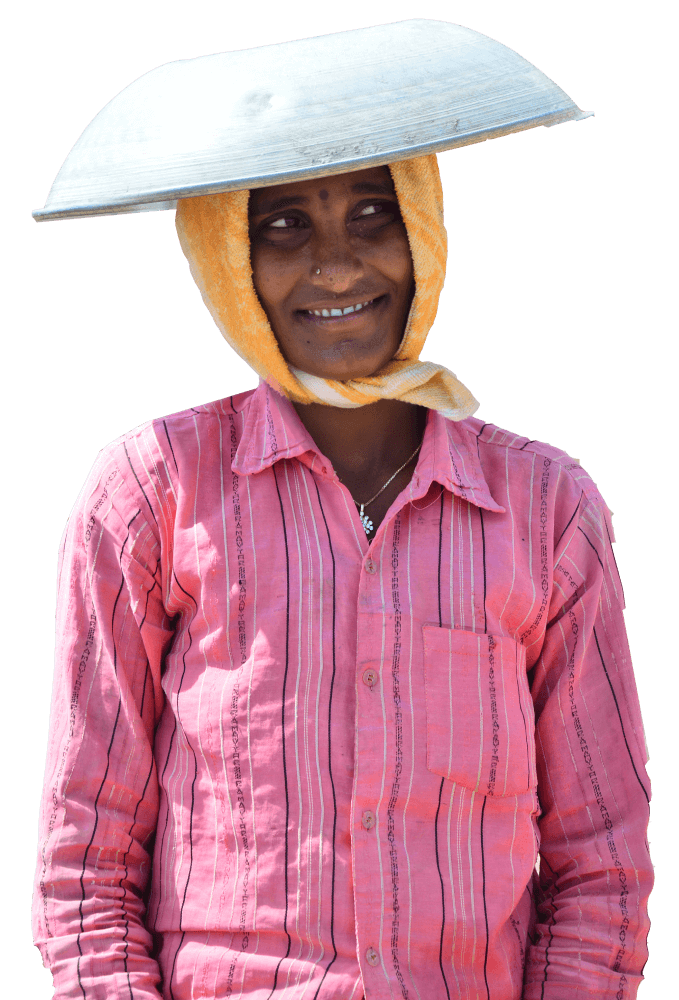Odisha Disaster Recovery Project
The ‘Odisha Disaster Recovery Project’ provided technical design, social mobilisation and project management support to the Odisha State Disaster Management Authority (OSDMA) to implement owner driven construction of houses (ODCH) for those affected by Cyclone Phailin. The severe cyclonic storm struck Odisha in October 2013 affecting 12 million people, specifically 90,000 households in Ganjam district. Gram Vikas partnered with the Government of Odisha to reconstruct 17,000 disaster-resilient houses. Adopting the ODCH approach, Gram Vikas provided constant support to the community through transfer of technical knowledge for disaster resilient construction, community mobilisation, conflict resolution and skill development in masonry, thereby also leading to an alternative source of livelihood.
The project aimed to support the Government of Odisha to reconstruct disaster resilient houses to reduce the vulnerability of communities affected by Cyclone Phailin in Ganjam district.

REACH
16,568 families, 175 villages, 137 relocation sites
REGION
Ganjam, Khordha in Odisha
PROJECT STATUS
Completed
TIMELINE
July 2014 to December 2017
BUDGET
₹ 14.5 crores
PARTNERS
Odisha State Disaster Management Authority
ACTIVITIES
- Provide technical support in settlement planning
- Develop DIP and web-based project management system
- Support in mobilisation, conflict resolution within communities
- Provide on-the-ground implementation support
- Support in design of houses and monitoring construction
- Capacity building of the community, the District Project Implementation Unit and field teams
RESULTS
- Relocation site-wise habitation plans prepared which included basic infrastructure, civic amenities, community facilities, sewerage and waste management, plantation
- Built 16568 houses following the ODCH technology; 3077 In-Situ and 13,491 relocated
- Constructed sanitation infrastructure for 16568 households
- Formed and registered 107 Village Water Sanitation Committees
- Constructed 129 water supply systems
- Secured electrification of 139 sites covering 12,971 families
- Built two model Anganwadi centres
- Supported 416 small businesses to strengthen livelihoods of landless and unemployed families
- Improved nutrition security of 6080 families through backyard kitchen gardens
- Restored vegetation cover, improved catchment area protection by planting 14000 trees
- Resolved 10,000 grievances thereby promoting harmony in the communities
- Promoted self reliance while building capacities in alternate livelihoods through masonry training to 2613 house owners to enable them to construct their own houses or supervise the construction